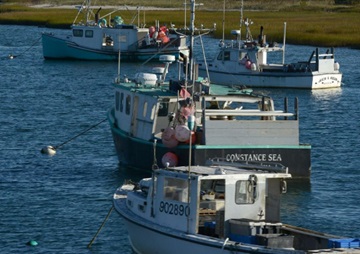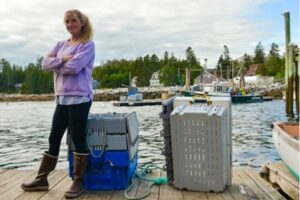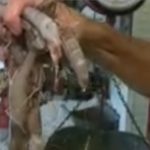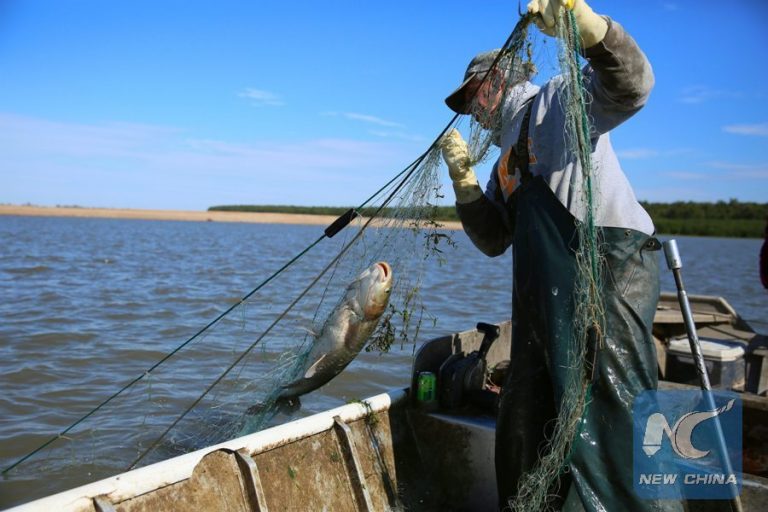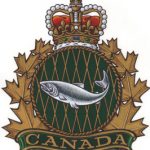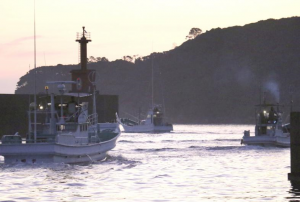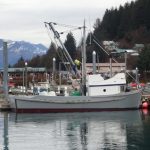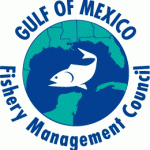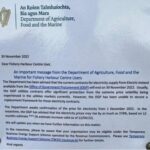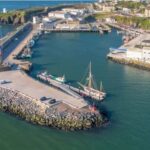Tag Archives: Warming Waters
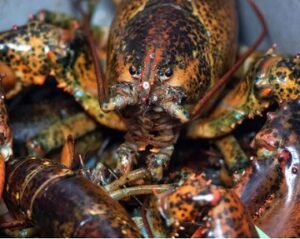
How warming waters around P.E.I. could affect snow crab and lobster
Research scientist Joël Chassé says as the atmosphere warms, the ocean waters around P.E.I. are also heating up. “Changes are happening. It’s not deniable anymore. And if the these changes don’t slow down, we will have to adapt to these changes.” Chassé said there are implications for some fish species, some positive and some negative. Fisheries and Oceans biologist Tobie Surette said that while lobster is a warm water coastal species, snow crab prefer deeper, colder waters. “Lobster has largely benefited from the warming climates, at least so far,” he said. Surette said they don’t know exactly why that is. (Snow Crab) And for now, they are doing well: “We’re at the third-highest biomass in the history of the survey right now.” But Surette knows that could change. He has been in contact with snow crab scientists from Alaska. Photos, >click to read< 18:51
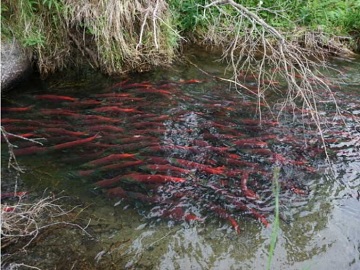
Bristol Bay’s sockeye run is already the biggest on record
Bristol Bay’s 2022 sockeye run is now the biggest on record: 69.7 million fish have returned this summer. That surpasses the previous record of 67.7 million fish, which was set last year. Bristol Bay’s commercial fleet hauled in the most fish on record this year. More than 3 million sockeye have swum up the Wood River to spawn in the tributaries around Lake Aleknagik, about 20 miles from Dillingham, according to the state’s counting tower on the river. Sherol Mershon lives along the lake near the head of the river. She owns a bed and breakfast there and has hung commercial fishing nets for 45 years. She said this year’s runs are remarkable. >click to read< 12:10
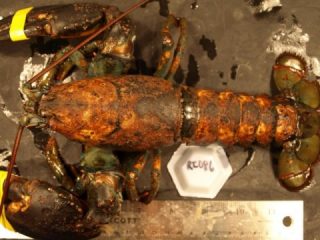
Epizootic Shell Disease – New findings suggests earlier springs and hotter summers foster increase in shell infections
New findings reveal that as coastal waters in the northeastern U.S. continue to warm — bottom temperatures in Long Island Sound have increased 0.7°F per decade over the last 40 years — resident lobsters are becoming increasingly susceptible to epizootic shell disease, a condition that has depleted the southern New England population and severely impacted the local lobster fishery.,,, As the name implies, epizootic shell disease occurs when the bacterial populations that normally inhabit the surface of a lobster’s carapace change and begin consuming the cuticle, causing it to erode. >click to read<09:18

Losing hope for lobster south of Cape Cod
Tom Tomkiewicz remembers when there were so many lobster traps in Buzzards Bay it looked as if he could walk across the water on their buoys. Now, the 42-year-old lobsterman and his dwindling number of colleagues have to set their traps far out to sea, well beyond view of the coast, to catch the few lobsters that remain. “There’s nothing here,” said Tomkiewicz, one of only 35 Massachusetts lobstermen who still have permits to fish in the state and federal waters that stretch from Nantucket Sound to Long Island Sound. “It’s crazy.”,,, The steep decline has left regulators in a quandary click here to read the story 21:20
WEEKEND FOCUS: Warming waters and the Gulf of Maine’s fate
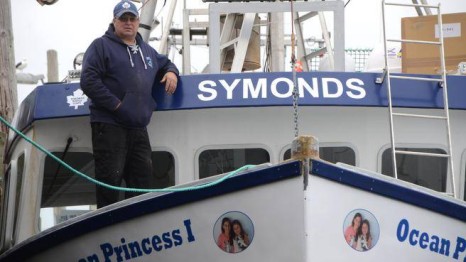 Headlines around that great body of water, cradled inside of Cape Sable Island to the north and Cape Cod in the south, screamed alarm this fall about a pending ecosystem collapse brought on by climate change. Most of those headlines linked back to a study by Andrew Pershing, chief scientific officer at the Gulf of Maine Research Institute, published in October in the journal Science. In it, Pershing attributes the non-recovery of cod stocks to the Gulf of Maine having warmed faster between 2004 and 2014 than 99 per cent of all other saltwater bodies on Earth. Read the rest here 09:38
Headlines around that great body of water, cradled inside of Cape Sable Island to the north and Cape Cod in the south, screamed alarm this fall about a pending ecosystem collapse brought on by climate change. Most of those headlines linked back to a study by Andrew Pershing, chief scientific officer at the Gulf of Maine Research Institute, published in October in the journal Science. In it, Pershing attributes the non-recovery of cod stocks to the Gulf of Maine having warmed faster between 2004 and 2014 than 99 per cent of all other saltwater bodies on Earth. Read the rest here 09:38
Warming waters pose dangers to Arctic cod, research finds – saffron cod, pollock and Pacific cod could thrive!
 A research project being conducted by National Oceanic and Atmospheric Administration scientists has found that even a moderate warming of waters could spell dire consequences for the Arctic cod, a high-fat fish important to the food web. But other fish with lower fat content — pollock, Pacific cod and saffron cod — can survive and even thrive in warming waters, the research finds. Meanwhile, another NOAA-led study found that larvae of northern rock fish appear to be resilient to increased levels of acidity in marine waters. Read the rest here 19:14
A research project being conducted by National Oceanic and Atmospheric Administration scientists has found that even a moderate warming of waters could spell dire consequences for the Arctic cod, a high-fat fish important to the food web. But other fish with lower fat content — pollock, Pacific cod and saffron cod — can survive and even thrive in warming waters, the research finds. Meanwhile, another NOAA-led study found that larvae of northern rock fish appear to be resilient to increased levels of acidity in marine waters. Read the rest here 19:14
Warming Waters Could Shift Salmon, Other Species on West Coast
 Fights over salmon have raged for decades in the Pacific Northwest. Overfishing in the late 19th century, the proliferation of dams in Oregon and Washington in the 20th, and more recent ecological shifts have set tribes, conservationists and the fishing industry head to head over the diminishing resource. Read the rest here 20:40
Fights over salmon have raged for decades in the Pacific Northwest. Overfishing in the late 19th century, the proliferation of dams in Oregon and Washington in the 20th, and more recent ecological shifts have set tribes, conservationists and the fishing industry head to head over the diminishing resource. Read the rest here 20:40






